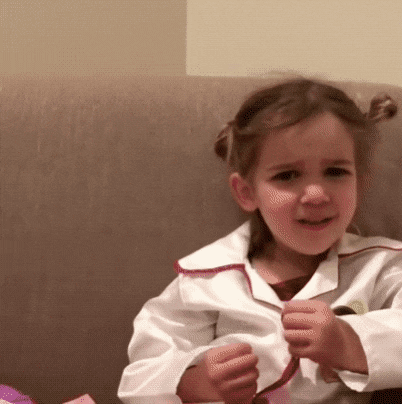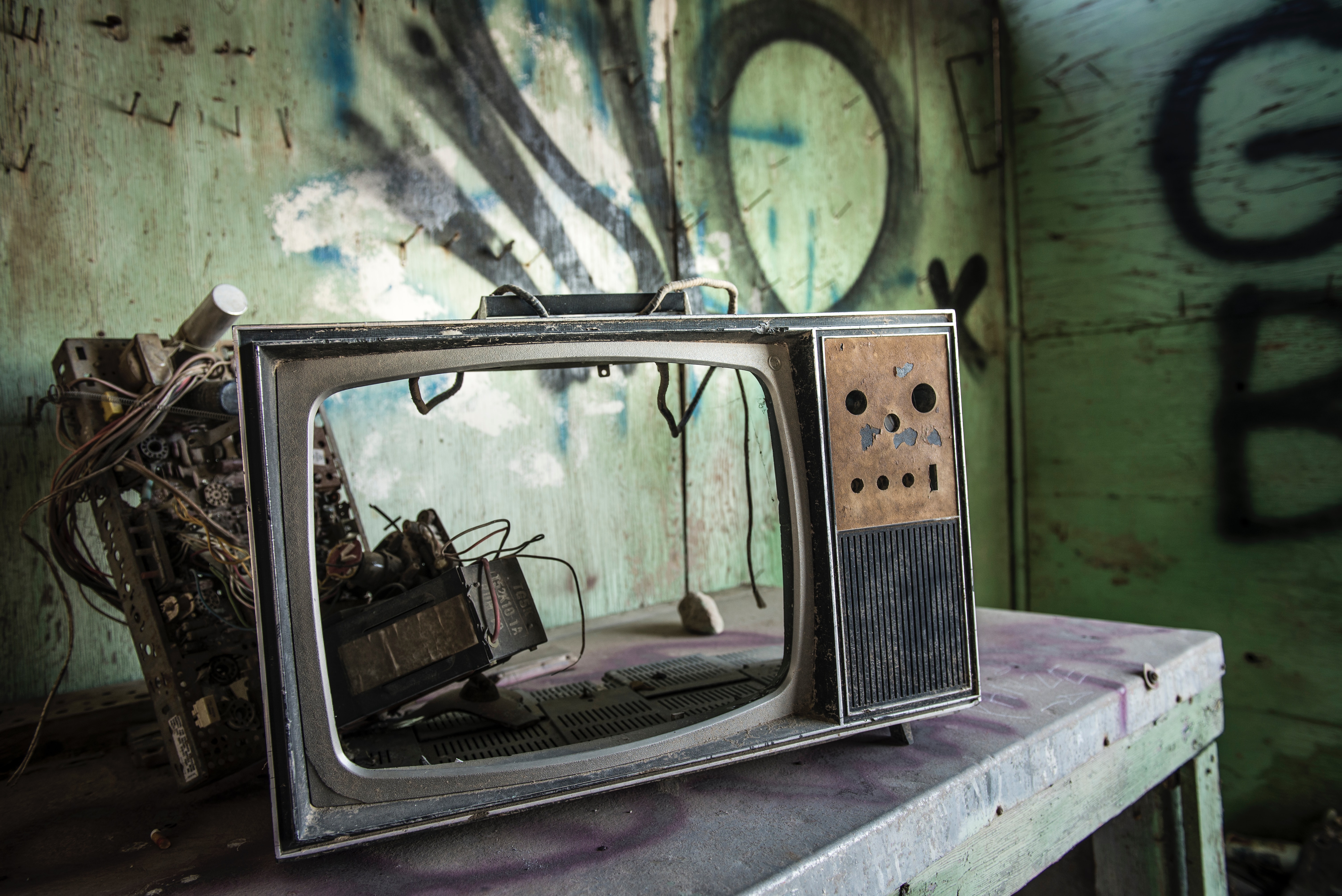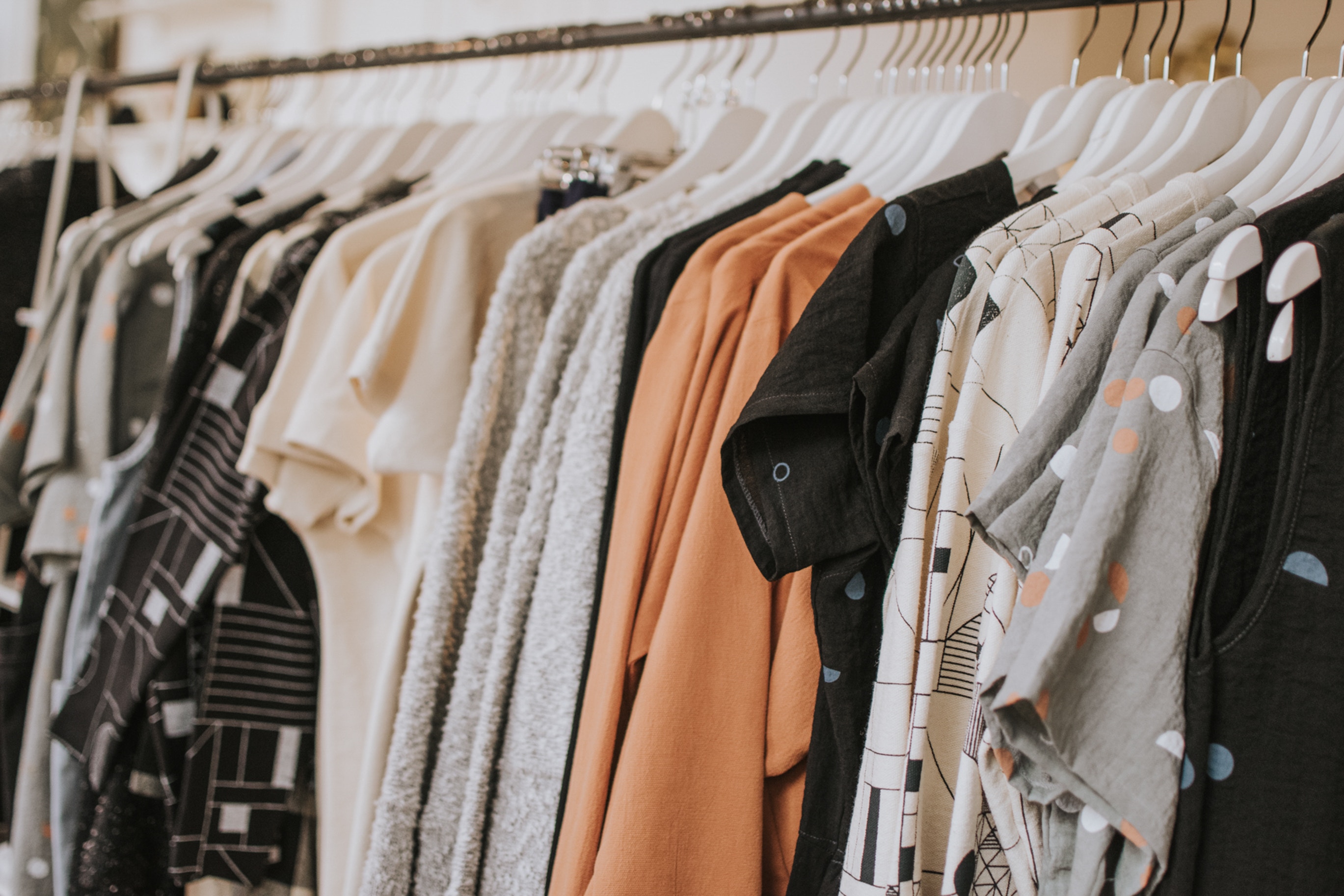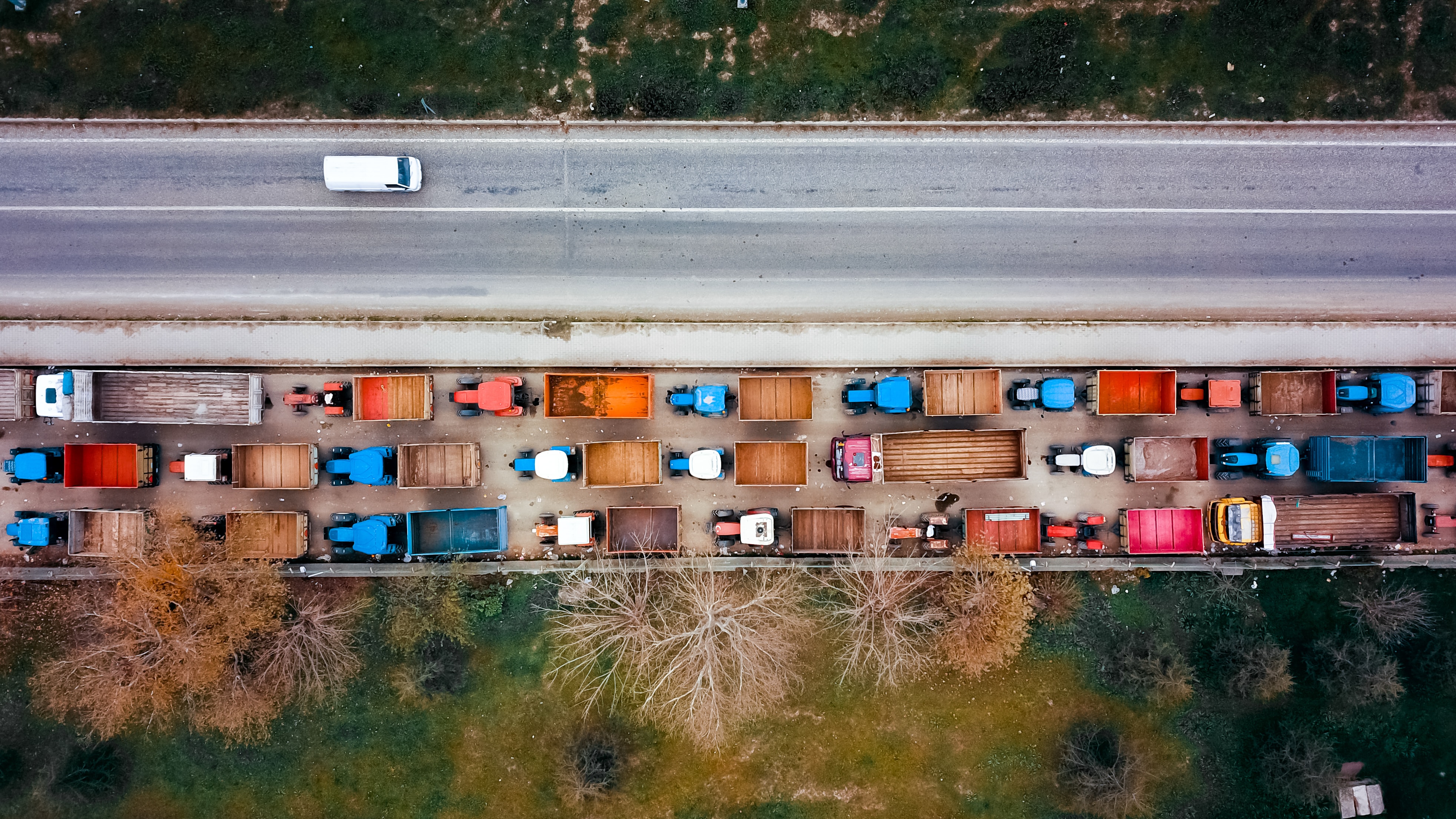The world population is steadily increasing. According to the Department of Statistics Malaysia (DOSM), as of the first quarter of this year, there are 32.66 million people in Malaysia alone.
There were 116,850 births in the first quarter of the year, as opposed to 42,647 deaths. We don't mean to sound insensitive, but that's a lot more humans coming on earth and using up it's resources than leaving it.
Worldwide, there are 7.7 billion people as of this month, and the number is expected to reach 9.7 billion by 2050.
What has this got anything to do with you, you may ask.
_1.gif)
The answer is that there is a finite resources on earth and the more people there are, the faster it will be used up.
Plus, the more people do something that's bad for the environment, the bigger impact it will have on everyone - like plastic pollution, climate change, deforestation and all.
What each of us do accumulates and has an impact. Here are some of the things we do every day that you may not realise affects the earth, and what we can do about it.
#1 Sending out emails

What? That was our first reaction when we came across an article some months ago that claimed that sending electronic messages can be as bad as having seven million extra cars on the road.
Although emails create much lesser carbon footprint than traditional mail that uses paper and ink, we send way more of 'em than we ever did the traditional kind.
Typically, an email emits four grams of carbon footprint. This is because when you send an email, it gets stored in a cloud before getting sent to the recipients. That storage process is where energy is used and carbon emission happens.
_1.gif)
It's worse when the email is lengthy and you add attachments. The number can go up to 50 grams.
It is estimated that each person in a developed country contribute carbon footprint equivalent to driving an extra 320 kilometers in a car.
The solution? Send fewer emails and talk face-to-face.
#2 Takeaway and deliveries
.jpg)
Sometimes, you just don't have the time, and you just want to bungkus your lunch or dinner.
Other times, you buy food from stalls and pasar malam where there aren't any place to sit and enjoy your meal.
Then, there are times you just don't want to leave the comforts of your home, so you order from one of the many food delivery services available at your fingertips.
It all seem so convenient, but it's actually costing the world.
_1.gif)
Most food packagings are still made with plastic. Add plastic cutleries, wooden chopsticks, straws and the bags used to carry the food - you have so much of waste with just with one meal.
It really is hard to give up on all the covenience, especially with our busy lives, but we can start by bringing our own containers when getting take-out, say no to cutleries and straws even when you're ordering deliveries and of course, you could always cook more at home.
#3 Throwing batteries, electrical appliances and printer inks in the trash

We tend to just throw away our things in the trash, no matter what they are.
However, some things just don't belong in a landfill. If you've gone past a landfill or seen pictures, you'd know that it's just a large patch of land where trash is dumped before being sorted.
Items such as batteries, electronic appliance and printer ink contain toxic components that seep into the earth, polluting water and other resources when disposed at a landfill.
Make sure you never throw these items in the trash. Look for the nearest recycling centres that accept these things instead.
#4 Washing clothes
.jpg)
Washing clothes, especially using a washing machine, uses up A LOT of water.
Considering that water crisis is an issue globally (according to World Wildlife Fund, two third of world population might be facing water shortage by 2025), it only makes sense for us to be extra careful on how we use the resources.
Dry cleaning or any other form of washing that use strong chemicals are also really bad for the environment, so avoiding it is best as well.
We won't go to the extent of fashion designer Stella McCartney, who suggested that instead of washing clothes, just let the dirt dry and brush them off, but we do suggest that you only wash your clothes when you have a full load.
_1.gif)
It saves both water and electricity.
If you want to wear the same jeans several times before washing or reuse a nice top that you only wore for an hour or two in an air-conditioned place and it still smells good, we won't judge either.
Who's to know as long as there are no stains or gross smell, right?
#5 Fast fashion

Now, we've written about fast fashion before and even have an article on what you can do with all the clothes you don't use anymore, but we can't stress enough on its impact on the environment.
Producing even one article of clothing uses a lot of water (about 1,200 galleon of water is used to make just one jeans), synthetic and natural materials, dyes and other things.
When you throw away the clothes that you don't want, it creates waste that are not recyclable. To make matters worse, some of the things that makes up those clothes are toxic to the land and water.
_1.gif)
The more you buy and discard, the more environmental impact it has.
What can you do? Be more mindful when you buy your clothes. Choose companies that are more ethical in their production, buy clothes that lasts, exchange, give away or repurpose clothes that you no longer want and recycle.
#6 Online shopping
.jpg)
Another thing that makes life so much easier, but has a bigger environmental impact than we'd think, a Vox article indicates.
Online shopping has allowed us to buy anything from anywhere in the world, which translates to transportation of items further, to more destinations and faster.
Transportation of any kind is one of the major causes of increase in carbon emission but that's not the only problem.

When delieveries has to be made faster and to more destinations, you need more vehicles and it is likely that these vehicles are half empty at least when making a trip.
Instead of one truck or van fully filled with items being delivered to one or two destinations such as a mall or local store, there are multiple vehicles going to multiple places at the same time.
Let's not forget the ships and planes that carry these items from one shore to another. All these add up.
This doesn't mean you don't shop online anymore lah. Just try to be mindful when you do.
Make a list of things you need or want, try to get as many items as possible from one vendor at the same time, get your friends and family who want the same things to order together with you and get it delievered to one address and try to buy less - your wallets will thank you too.
#7 Vacationing
_1.gif)
We know, we know. Now we're beginning to sound like the Gringe who just wants to see the world burn.
But really, we're just trying to minimise the impact each of us have on the environment.
Global tourism, afterall, contributes to about eight percent of carbon emission, this report shows.
Go for a holiday. We all need a mental break from our lives.
Just don't always fly, try to take busses or trains when you're moving from one city to another, and walk or ride a bicycle more when you've reached your destinations.

Besides that, do what you would usually do at home to be more eco-friendly, such as not leaving the air conditioning and lights on when you're not in the hotel room, eating local, carrying reusable water bottles.
The silver lining
Even we got a little upset writing this article, so we figured a little good news is in order.
We have so much of information on how human activities, technology and rising population impact the environment, which means we also have the solution or at least can find them.
_1.gif)
Make a conscious decision to be more eco-friendly, educate yourself as well as others around you, push your member of parliaments to fight for better legislations, make your voices heard, volunteer, donate... the list goes on.
Each and everything we do, big or small, makes a difference.
Let's do this!





